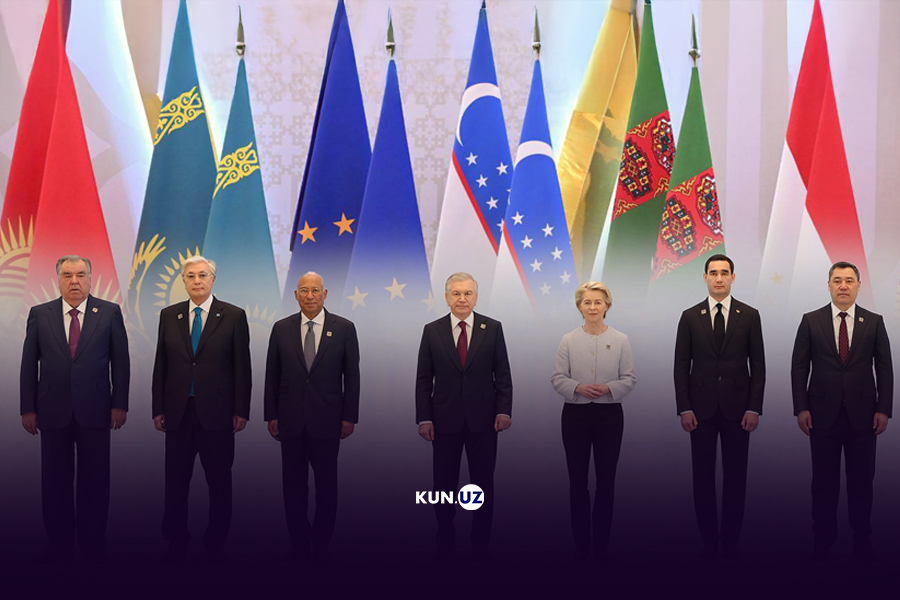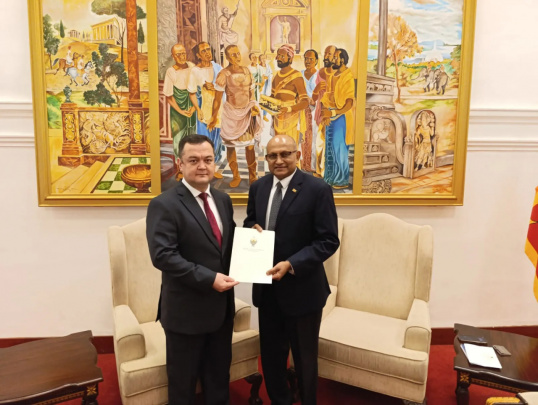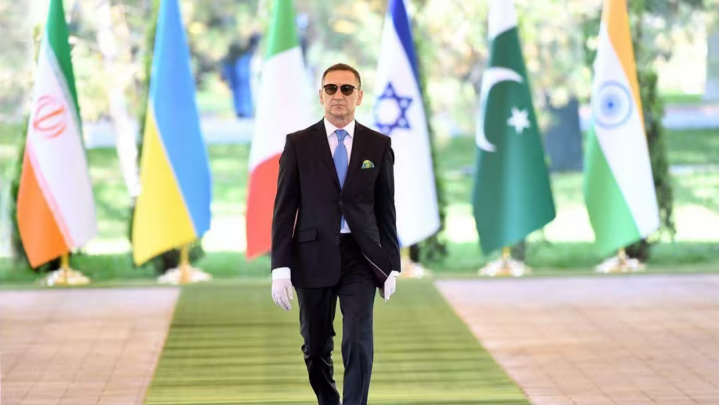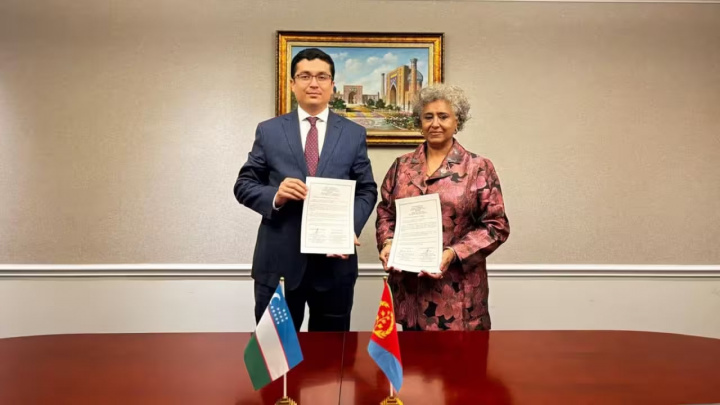Strategic partnership, transport corridors, critical minerals and more – Samarkand summit highlights
The first-ever Central Asia–EU Summit was held in Samarkand on April 3–4, bringing together regional leaders and top EU officials. Under the theme “Investing in the Future,” discussions focused on green economy, digital transformation, connectivity, and security. A €12 billion EU investment package was announced. The summit also featured the Samarkand Climate Forum and the Aral Culture Summit, spotlighting ecological challenges and cultural dialogue.

The high-level event was chaired by Uzbekistan’s President Shavkat Mirziyoyev, with the European Union represented by António Costa, President of the European Council, and Ursula von der Leyen, President of the European Commission.
Held under the slogan “Investing in the Future,” the summit focused on strengthening strategic ties between the EU and Central Asia. Discussions centered on several key areas:
- Sustainable and green economy
- Critical raw materials
- Digital transformation
- Infrastructure and logistics, including the Trans-Caspian Transport Corridor
Security issues were also addressed, including the situation in Afghanistan and the prevention of sanctions circumvention.
During the summit, President von der Leyen announced a €12 billion investment package under the Global Gateway initiative, a major EU effort aimed at improving connectivity and sustainable development.
To further support efforts on this front, leaders welcomed the mobilization of a €10 billion international investment package to support sustainable transport infrastructure and logistics networks in Central Asia.
A landmark agreement was signed to open a regional office of the European Investment Bank in Uzbekistan.
One of the summit’s most significant outcomes was the decision to elevate relations to a strategic partnership. This commitment was formalized in a Joint Declaration signed at the end of the event, which focused on several key areas, including regional cooperation, rule of law and civil society, security and peace and others.
In her address, Ursula von der Leyen declared the launch of a “new era” in EU–Central Asia relations. She highlighted that the region holds nearly 40% of the world’s critical raw materials, which are vital for advancing green energy and digital technologies.
Addressing climate challenges
On the sidelines of the summit, Uzbekistan hosted the Samarkand International Climate Forum, which brought together global leaders, scientists, and environmental activists to discuss the worsening ecological situation in the region. The President of Uzbekistan reaffirmed the country’s commitment to sustainability through national and regional initiatives such as the Green Belt of Central Asia and investments in water-saving technologies.
UN Secretary-General António Guterres joined remotely, warning of increasingly severe environmental threats in Central Asia—from frequent droughts to long-term ecological degradation—and called for urgent, coordinated global action.
Running concurrently with the climate forum, the Aral Culture Summit offered a cultural dimension to the discussions. This exhibition highlighted the intersection of environmental issues and artistic expression, emphasizing the human side of the region’s ecological challenges.
The Samarkand summit was highlighted as a significant development in Central Asia–EU cooperation, marking a new chapter in their relations. With an emphasis on political dialogue, investment initiatives, and climate-related priorities, both sides outlined steps toward enhancing regional connectivity and sustainable development.
Related News

13:32
Uzbekistan appoints its first ambassador to Sri Lanka

17:37 / 21.07.2025
Zelensky recalls ambassador to Uzbekistan as part of diplomatic rotation

17:46 / 11.07.2025
Uzbekistan establishes diplomatic relations with Eritrea

20:09 / 10.07.2025



